The sublime Faroe Islands continued to shock. I had six quick days here and they were action packed to the core. I managed to visit 7 of the 18 islands in the country and one of the last villages we toured was Kirkjubour on Streymoy Island. Streymoy Island is the island where the capital city Torshavn is situated. My final few days in the Faroe Islands were based in and around Torshavn, having previously toured the north eastern islands of Bordoy, Fugloy, Vidoy and Svinoy as well as Gasadalur and Sorvagur on Vagar.
Getting to Kirkjubour
Public transport in the Faroe Islands exists, but is limited to infrequent buses, boats, taxis and helicopters. However, if you are based in Torshavn, as I was at the excellent Hotel Foroyar, then getting to Kirkjubour is easy.
You can hire a car, get a bus or even walk it. We had done enough hiking and walking in the first few days in the country, and by now had a hired car so we drove the short 15 minute drive from Torshavn out to Kirkjubour. It is on the south west corner of Streymoy island. Just take the number 12 road out of Torshavn, which leads all the way here.
About Kirkjubour
Kirkjubøur is the southernmost village on Streymoy Island in the Faroe Islands. The population of the village is approximately 75. It is regarded as the country’s most important historical site with the ruins of Mururin (Magnus Cathedral) from around 1300, the Saint Olav’s Church from the 12th century and the old farmhouse Kirkjubøargarður from 11th century. The village is a must visit for tourists to the country. In 1832 a runestone was found near the Magnus Cathedral in Kirkjubøur. The stone which is referred to as the Kirkjubøur stone dates back to the Viking Ages.
Kirkjubour is located on the south-west coast of Streymoy and has a view towards the islands Hestur and Koltur towards west and to Sandoy towards south. Koltur is the only one of these that has no boats links – you need to get a helicopter there.
There are four main things to check out in Kirkjubour and you should try and see them all as the village is tiny, and you’ll probably only be here once.
1. St. Olav’s Church/ Kirkjubour Church (and Graveyard)
The recogniseable white church in Kirkjubour is known as St. Olav’s Church. It is not always open. When we visited we were lucky to get inside as there was a Danish bus tour there that day, and they had access to it.
There is information on the walls inside the church and there is a huge graveyard too. The church dates back to the 12th century and is still in use.
Inside it was warm, cosy and full of Danish tourists!
2. Kirkjuboargardour/ Roykstovan
This is the oldest (continuously inhabitated) wooden log house in the world and is known as Kirkjuboargardour or sometimes Roykstovan so it’s a bit of a treat to visit. This building is the one you will have seen on countless adverts and tourist guides in the Faroes.
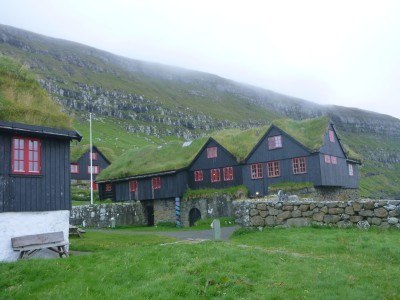
Kirkjubour dates back to the 11th Century – Roykstovan/Kirkjuboargardur – the oldest inhabitated log house in the world
You can get inside and you pay 30 Danish Kroner (£3) for entry. You can see what the rooms inside the house are like. People still live here, but it’s become a bit touristy. The building is apparently only open in July and August for tourists, unless a prior appointment was made. We were there early September and because of the Danish tour group, we got inside.
The distinctive black and red colours on the outside are contrasted with brown wooden interiors.
Inside you tour the rooms, everything is well organised and neat and tidy. It’s cosy and warm too.
3. Mururin/ Magnus Cathedral
Sitting in behind the famous red and black house, you will see the ruins of Mururin. This is known in English as Magnus Cathedral. When we were there you could go inside, but the place was being renovated. The roof must have originally been wooden, as it is open top.
4. Kirkjubour Harbour
Kirkjubour sits by the sea and has a small harbour. Boats go from here to Skopun on Sandoy Island and to Hestur on Hestur Island. The actual leaving dock for these boats is not by the car park, but a bit further away from the village. There is another village nearby called Velbastadur but we didn’t visit it.
Overall, Kirkjubour is definitely worth the hype and you should try and see it, maybe just to say you have been inside the oldest inhabited wooden house in the world!
Here are some videos from my time exploring Kirkjubour:

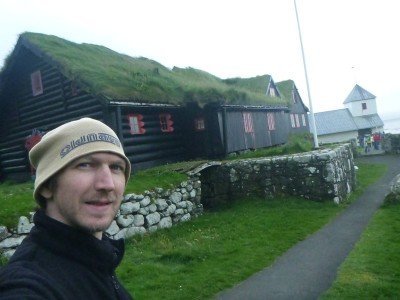
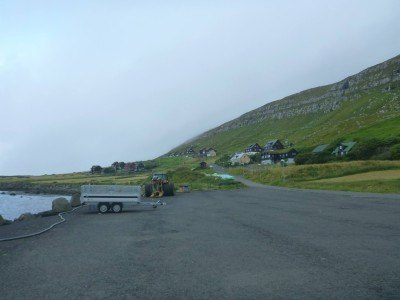
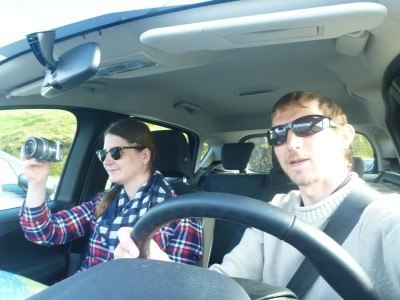
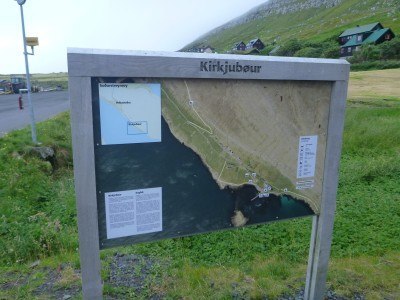
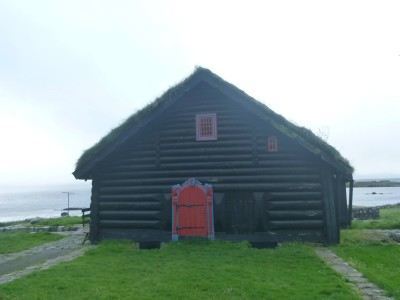
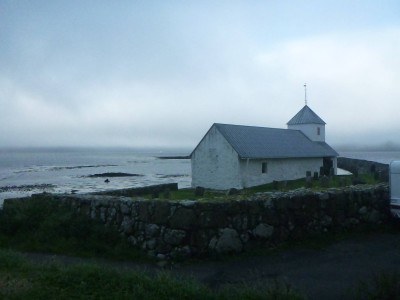
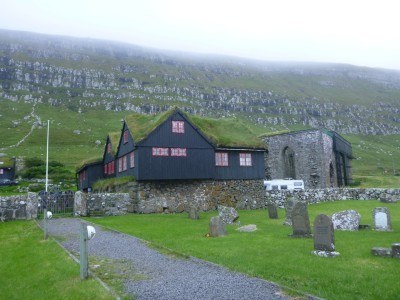
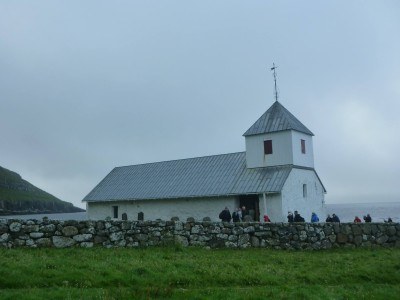
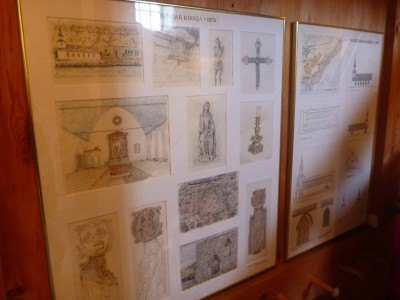
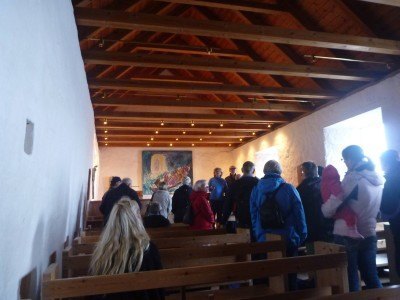
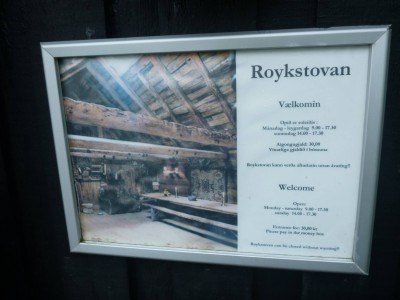
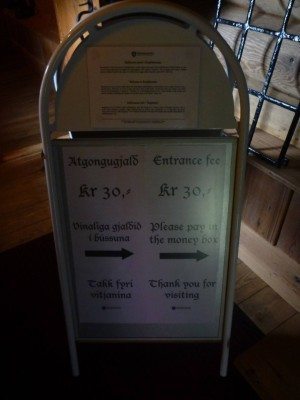
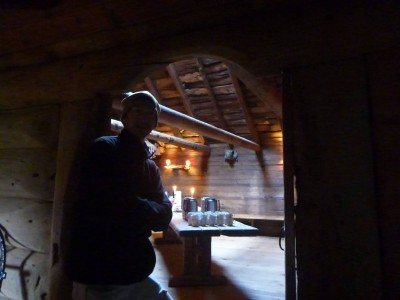
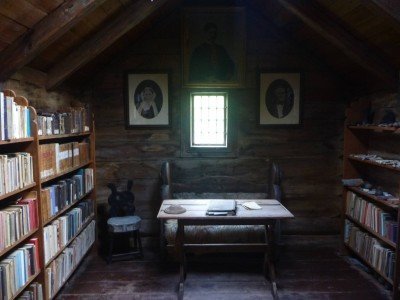
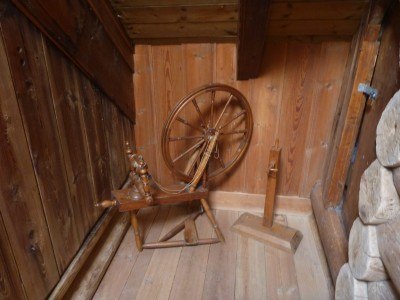
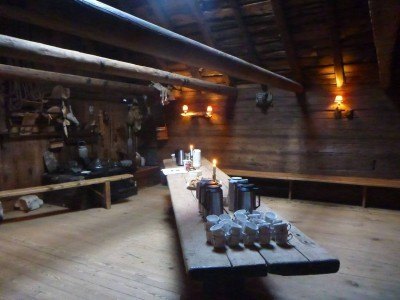
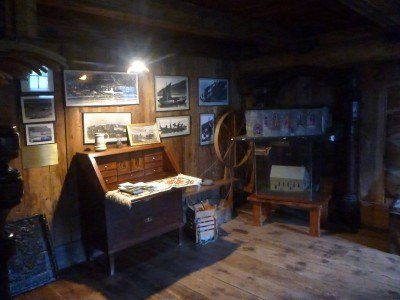
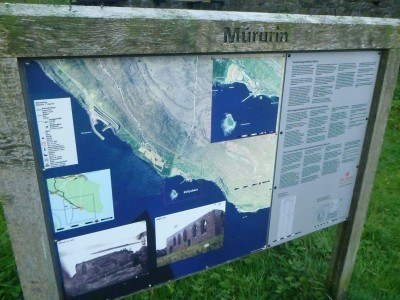
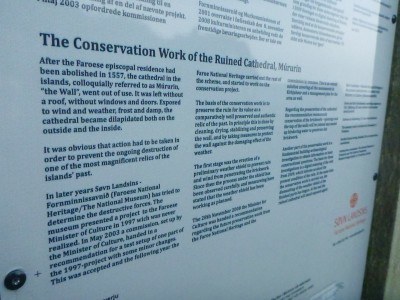
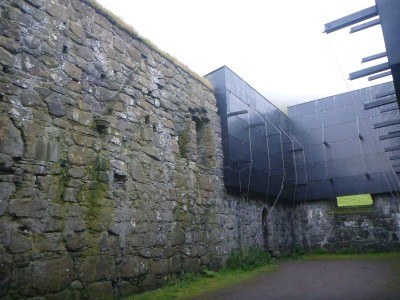
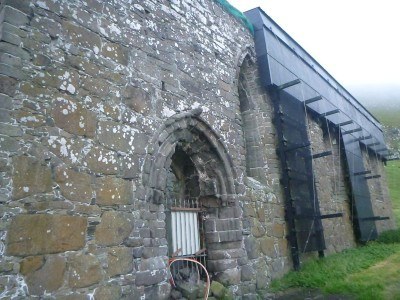
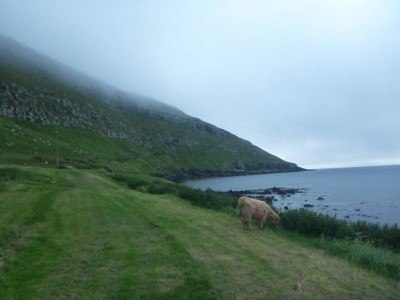
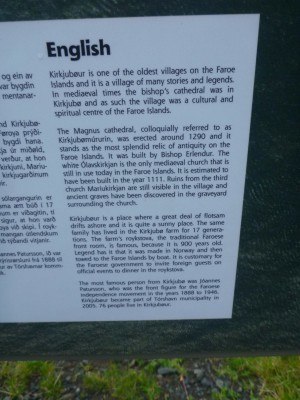
1 thought on “Backpacking in the Faroe Islands 🇫🇴: Exploring Historic Kirkjubour on Streymoy Island”